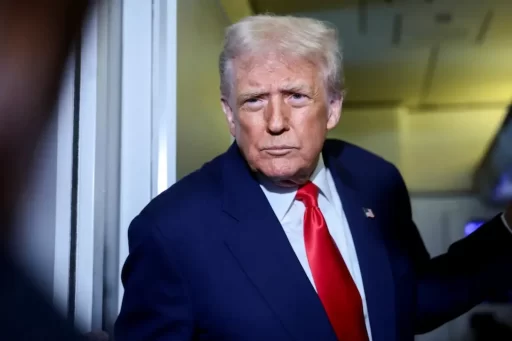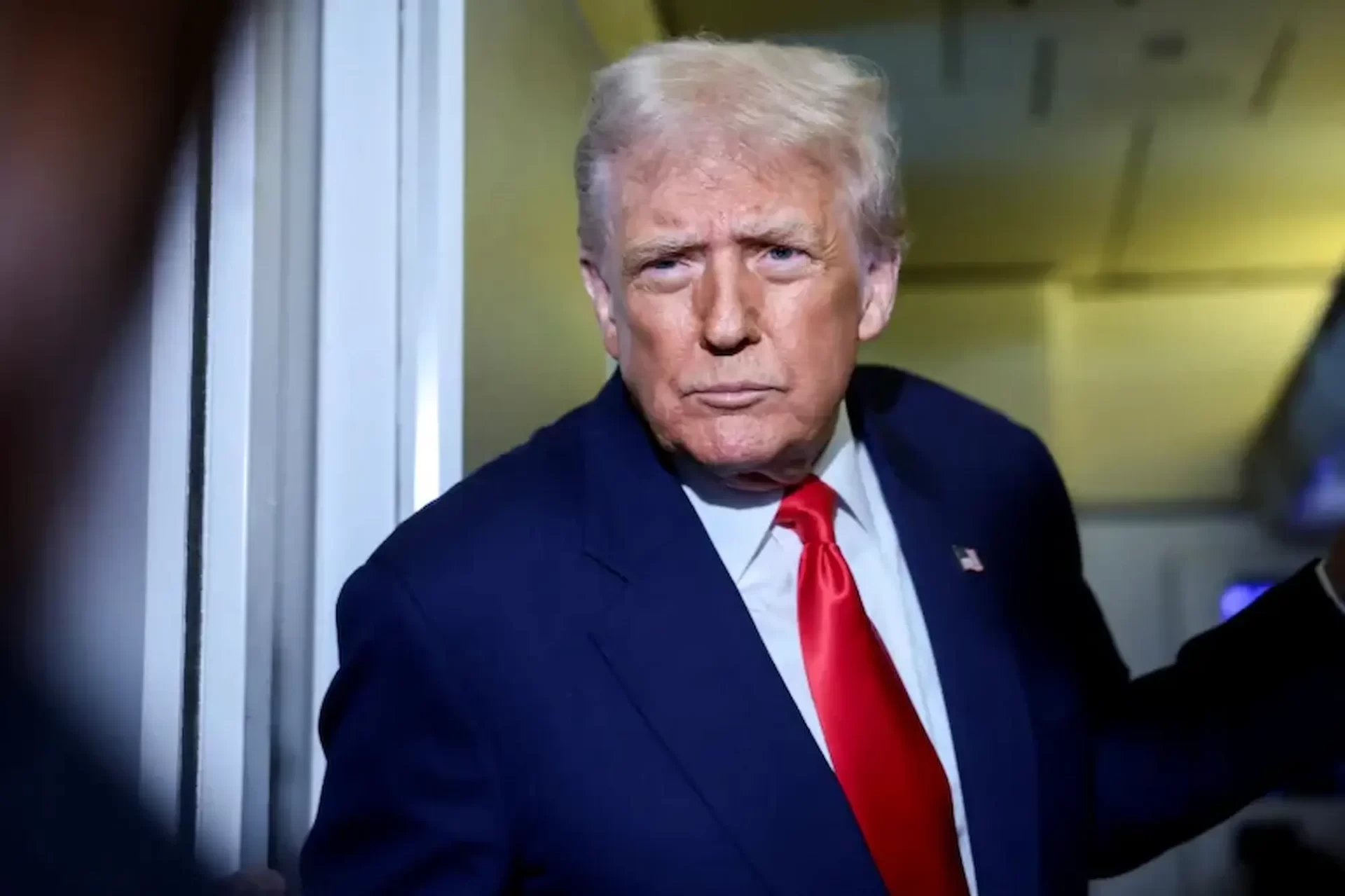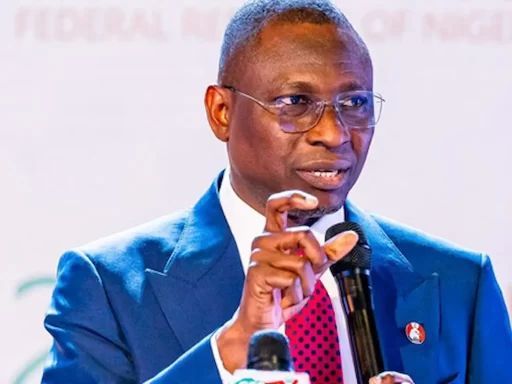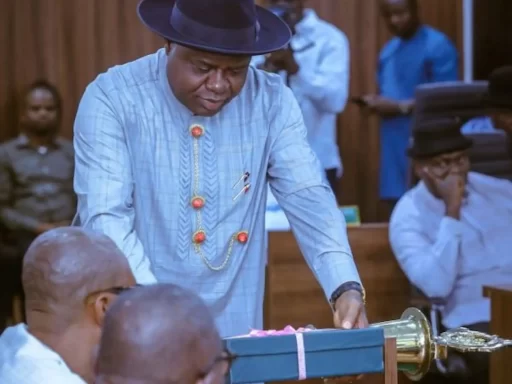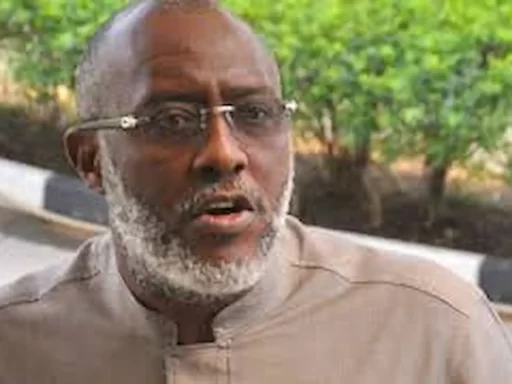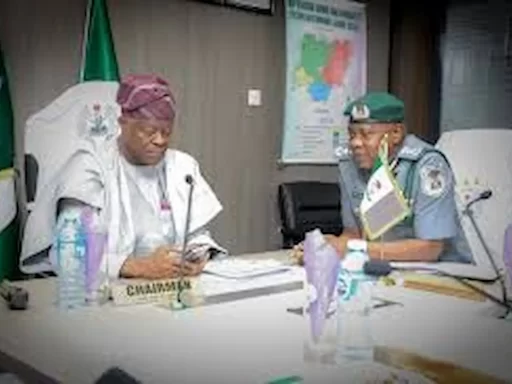Trump Says U.S. May Deploy Troops or Launch Air Strikes in Nigeria Over Christian Killings
By Naija Enquirer Staff
The U.S. President, Donald Trump, has stated that the United States might deploy troops to Nigeria or conduct air-strikes in response to what he described as the “large numbers” of Christians being killed in Nigeria.
Trump’s Comments and Threat
Speaking to reporters aboard Air Force One while returning to Washington from his residence in Florida, Trump was asked whether military action including boots on the ground or air strikes was under consideration for Nigeria. He replied: “Could be. I mean, other things… They’re killing record numbers of Christians in Nigeria… They’re killing the Christians and killing them in very large numbers. We’re not going to allow that to happen.”
The remarks followed a weekend threat wherein Trump warned that all U.S. aid to Nigeria might be suspended and direct military action might be considered if Nigeria failed to curb what he labelled “mass slaughter by Islamic terrorists.”
Nigeria’s Reaction and Sovereignty Issue
The Nigerian government rejected the claims of systematic Christian targeting and emphasized that violence in Nigeria affects both Christians and Muslims, and stems from a wide range of causes including terrorism, communal and herder-farmer conflicts.
Nigeria’s spokesman noted that any foreign military intervention would require bilateral consent, and characterised Trump’s remarks as either exaggerated or geared toward a domestic audience.
International and Legal Implications
Trump’s threat signalled a major escalation in U.S. foreign-policy rhetoric toward Nigeria: in addition to re-listing Nigeria as a “Country of Particular Concern” for religious-freedom violations, the U.S. appears to consider military options.
However, international law and Nigeria’s sovereignty constrain unilateral military action without an invitation or legal basis. Experts view the comments as largely motivational or symbolic rather than an imminent plan for action.
Outlook and Possible Developments
- The Nigerian government may seek to engage in dialogue with the U.S. to de-escalate tensions and reaffirm joint counter-terrorism cooperation. < li>U.S. aid suspension or other diplomatic measures may be used as leverage before any actual military deployment is considered.
- The framing of violence in Nigeria solely as “Christian persecution” faces push-back from analysts and civil-society actors who emphasise the multiplicity of victim profiles and causes.
As this situation develops, attention will focus on whether the U.S. takes concrete steps beyond rhetoric, how Nigeria responds, and the broader implications for regional security and religious-freedom discourse in Africa.


